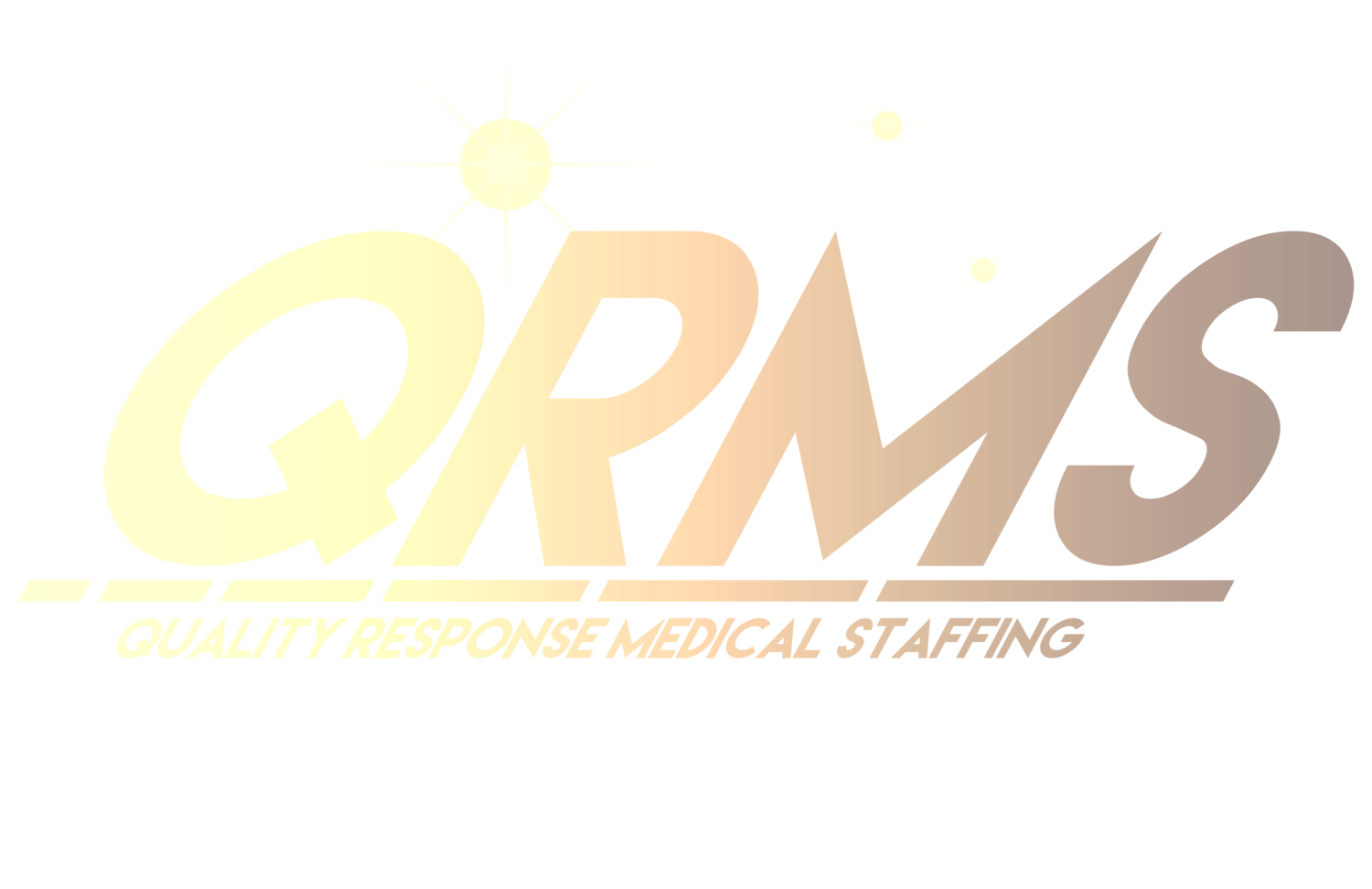The Best Nurse Tips: How to Stay Organized and Effective
No one said that being a nurse would be easy, and it's only become more complicated in recent years with the added pressure of electronic health records and increased patient loads. But with a little bit of organization and some tips from your fellow nurses, you can stay on top of your game and provide the best possible care for your patients. Here are a few of the best tips we've heard.
1. The best way to stay organized as a nurse is to develop a routine and stick to it.
Nurses are constantly on the go, which can make it difficult to stay organized. Developing a routine and sticking to it can be the best way to stay organized. This includes having a designated spot for everything, creating a to-do list, and planning your days and weeks in advance.
2. Effective time management is key to staying organized and effective as a nurse.
One of the most important skills for any nurse is to be able to effectively manage their time. This means being able to efficiently balance the many demands on their time, both at work and outside of work. It can be challenging to stay organized and effective when there are so many competing priorities, but with some practice and planning, it is definitely possible.
There are a few key things that nurses can do to help manage their time effectively. First, it is important to create a schedule and stick to it as closely as possible. This includes setting aside specific times for completing tasks such as charting, patient care, and studying. It is also helpful to try and batch similar tasks together, for example, completing all of your charting at the end of your shift, or doing all of your laundry on the weekend.
Another important tip is to learn to say no. This can be difficult, especially for nurses who are always trying to help out others, but it is important to remember that you cannot do everything. Saying no when you are overwhelmed or when you have other commitments will help you to stay on top of your own work.
Finally, it is important to take breaks. This may seem like counterproductive advice, but if you are constantly working without taking any time to relax, you will quickly become exhausted and less effective. Taking a few minutes every hour or two to step away from your work and relax can help you to stay focused and productive.
3. Make a list of the tasks you need to complete each day and try to stick to it.
Making a list of the tasks you need to complete each day and trying to stick to it can be a great way to help organize your time and stay on track. It can also help to prevent you from becoming overwhelmed with everything you need to do. If you find that you are constantly struggling to stay on top of your responsibilities, try creating and following a daily routine. This can help to ensure that you are always making progress and that you don't fall behind.
4. Stay on top of your paperwork and keep your charts and records up to date.
One of the most important aspects of being a successful medical professional is staying on top of your paperwork and keeping your charts and records up to date. This means ensuring that all of your patient information is correct and up to date, and that all of your documentation is in order. If you can keep your paperwork organized and up to date, it will be much easier to manage your practice and provide quality care for your patients.
5. Develop a system for managing your supplies and medications.
Developing a system for managing your supplies and medications is an important step in caring for your diabetes. Having a plan in place will help you stay organized and on track with your treatment. Here are some tips for creating a system that works for you:
1. Make a list of all the supplies you need and keep it in a convenient place. This should include everything from test strips to insulin needles.
2. Keep a record of when you need to restock each item. This will help you stay ahead of any shortages.
3. Organize your supplies in a way that makes sense to you. Some people prefer to keep all their diabetes supplies together in a designated spot, while others like to separate them by type.
4. Create a schedule for taking your medications and sticking to it as closely as possible. This will help ensure that you don't miss any doses.
5. Make sure to always have a backup plan in case of an emergency. This could include keeping a extra supplies of medication or test strips on hand.
6. Make sure to take breaks and get some rest.
I can't emphasize this enough: make sure to take breaks and get some rest. When you're working on a project, it's easy to forget to take care of yourself, but it's important. You need to rest and recharge so you can continue working at your best.
I know it's hard to stop working when you're in the groove, but if you don't take a break, you'll end up burned out. So take a break, eat some good food, get some exercise, and relax. You'll be glad you did.
7. Stay positive and don't let the stress of the job get to you.
No one ever said that being a nurse would be easy. The stress of the job, the long hours, and the difficult patients can take their toll on even the most positive person. It is important to stay positive, though, and not let the stress of the job get to you. Take some time for yourself every day, even if it's just a few minutes. Relax and recharge so that you can continue to provide the best possible care for your patients.
We hope this article was helpful and be sure to check out our website! :)

